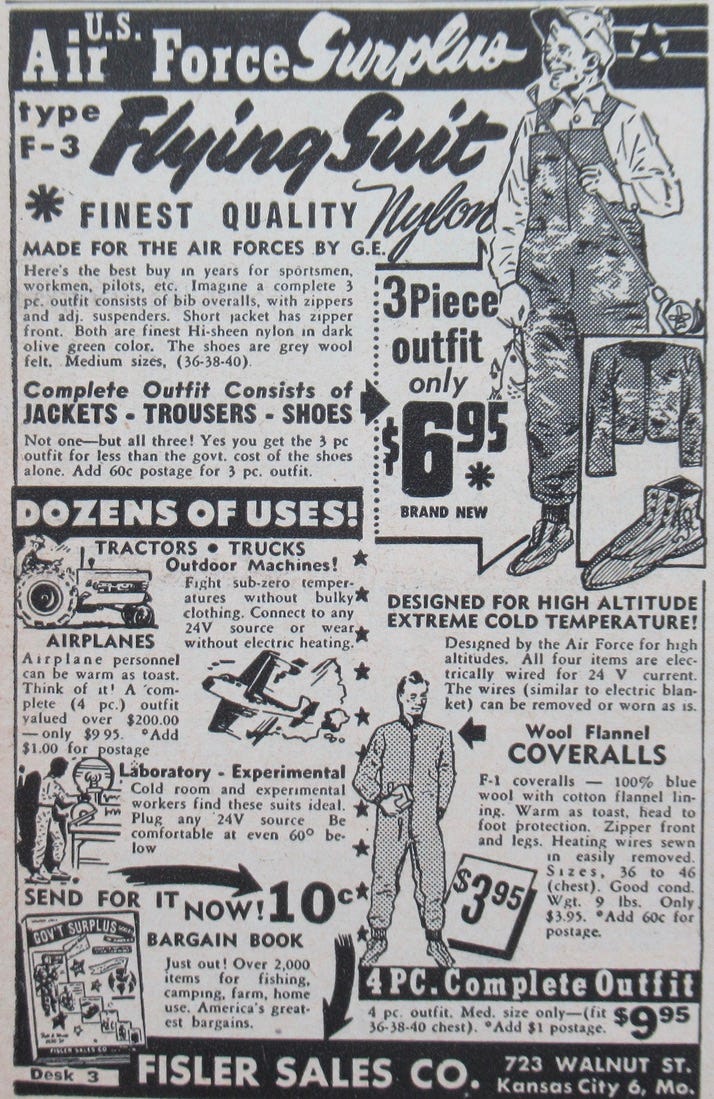Rivers, Literal and Metaphorical
The Bolotomy, like most rivers, is said to be haunted by all manner of sprites and goblins and witches, some benign, some malevolent. What is it that makes people who live beside rivers think that they see things at night—disembodied faces floating above the water and the like? Is it the purling of the water that drives them mad?
Boating on the Bolotomy
The eeriness of rivers, captured beautifully by Fletcher Henderson and his orchestra in 1932, and presented handsomely on YouTube in 2011 by Leopold Rosenberg:
Fog, Literal and Metaphorical
Fog lay over the bay, so thick that it drifted past us in the breeze like rain turned sideways. From the spot in the cattails near Raskol’s house where we had hidden the boat, we couldn’t even see the river. . . . In the night and fog we were nearly invisible.
Little Follies, “Life on the Bolotomy”

Falling, Falling Down, Pratfalls
With a jarring thud the boat struck something hard, and I fell overboard.
Little Follies, “Life on the Bolotomy”
Note to self: Should “Falling, Falling Down, and Pratfalls” become a topic in the Topical Autobiography of Mark Dorset? If so, consider only literally, or also metaphorically? If not, what would I be hiding? Should I add “Topics, Omitted” as a topic? Give reasons for omission?
Shops, Shopping, Stores; Army-Navy Store
“That’s a pretty good flashlight,” Raskol said after a long while. “Waterproof. Do you think that they have that kind at the army-navy store?”
Little Follies, “Life on the Bolotomy”
From “The Rise and Fall of the Army Surplus Store” by Brett and Kate McKay on the Art of Manliness website:
The army-navy surplus store as we know it today got its start after the Civil War. . . . At the end of the war, there was a huge surplus of arms, uniforms, and horse tack sitting on shelves and in warehouses collecting dust. To recoup some of the costs of these leftovers, the U.S. government began auctioning off the supplies in bulk to civilians at heavily discounted prices. While small storeowners from around the country took advantage of these deals, one man in particular turned military surplus into a giant business empire, ultimately creating the business model of the army surplus store we recognize today. His name was Francis Bannerman. . . .
Like Bannerman’s, surplus stores after WWII not only offered products through brick and mortar stores but by mail-order as well. Even a jeep. Surplus companies often placed ads in boys’ magazines; young men, who idolized returning GIs, prized anything and everything they had used — even gas masks, which were marketed as “A sensational toy value” and “Loads of fun and useful, too.”
This ad appeared in the February 1953 issue of Popular Mechanics Magazine:
[more to come on Thursday, July 22, 2021]
Have you missed an episode or two or several?
You can catch up by visiting the archive.
At Apple Books you can download free eBooks of “My Mother Takes a Tumble” and “Do Clams Bite?” the first two novellas in Little Follies.
Subscribe now to gain access to all the Topical Guide posts!



